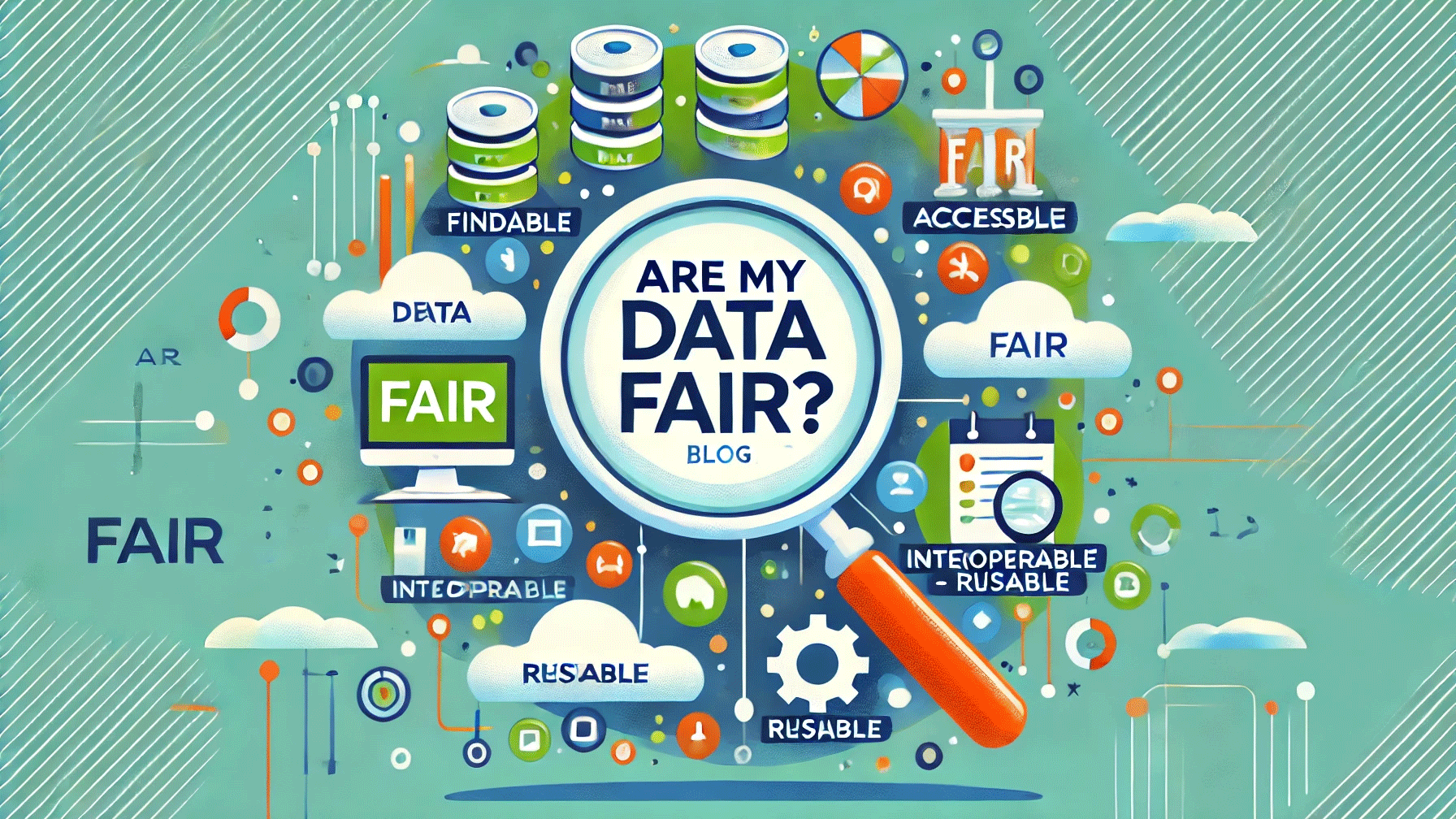FAIR Data: The Secret Ingredient?
FAIR data is a cornerstone of modern research, ensuring that data are Findable, Accessible, Interoperable, and Reusable. This makes data easier to locate, share, and use across different disciplines and countries. In health research, FAIR data are especially important, as they allow researchers to quickly access valuable health information, combine it with their own data, and thereby accelerate medical innovation. In NFDI4Health, the term FAIR is a daily companion to us. We are supporting the cultural shift towards FAIR health data throughout the entire data lifecycle, as FAIRness has evolved from a once secret ingredient to a well-known element of transparent and effective research.
But First Things First: When Are Data Actually FAIR?
The FAIR Principles, published in 2016, offer guidelines for data producers such as researchers or data-holding organisations. The concept requires data to be Findable, meaning it should be easily identifiable and discoverable on relevant platforms with supporting metadata like participant's age range, sample size, or data collection period. Data must also be Accessible via a formal application process to authorised users while ensuring privacy and security. It should be Interoperable, formatted according to common standards for seamless sharing across different systems. Finally, data must be Reusable, and therefore be accompanied by clear usage permissions and licensing agreements. While health research communities have made significant progress in standardising data, there is still a clear need to improve the generation and linking of FAIR data. A considerable amount of valuable health data remains, so to speak, "UNFAIR", such as information hidden on an old USB drive in a dusty desk drawer or stored in forgotten Excel lists coding data as “value 1”, “value 2” and “value 3”.
Making FAIR Simple: The NFDI4Health FAIR Checklist
This is where NFDI4Health comes in: We promote FAIR data by offering training in research data management and developing standards, services, and infrastructures. Additionally, NFDI4Health has created a FAIR Checklist, designed to help physicians, epidemiologists, public health researchers, and biometricians quickly assess how FAIR their data handling is. The checklist also provides direct answers and solutions to improve FAIRness. Questions like "Are metadata describing your study already published?" or "Are your study instruments labelled with a licence?" give users an initial assessment and practical recommendations for action. Curious? Find the NFDI4Health Checklist here.
This blog post on FAIR data is based on the work of Task Area 3 “Services”. Many thanks to Marisabel Gonzalez-Ocanto for sharing her insights.
-------------
Welcome to #BehindTheScenes of NFDI4Health!
In the #BehindTheScenes blog, we are pulling back the curtain, providing insights into our day-to-day work and sharing hands-on information. In regular blog posts, we take you behind the scenes and highlight the latest developments, hurdles, and triumphs of our 6 task areas, which come with exploring the frontiers of health research. Discover our current topics and keep posted! To find our other blog posts from the #BehindTheScenes series click here.
 English
English  Deutsch
Deutsch 
